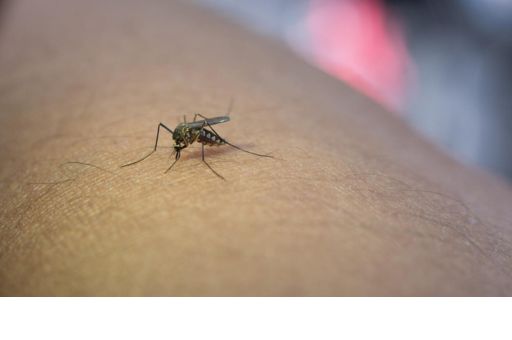The Balearic Health Department has announced the launch of a reinforced monitoring program to assess the circulation of the West Nile Virus (WNV) on the islands, following the confirmation of the first case in the Balearic Islands in a horse in Maó. The case was initially reported by the Department of Agriculture and later confirmed by the Central Veterinary Laboratory.
As a precaution, the Balearic health system, both public and private, has been placed on alert to ensure the early detection of possible human cases.
TDB keeps you informed. Follow us on: Facebook, Twitter and Instagram
Balearic Islands reinforce surveillance against West Nile Virus after first confirmed case in a horse in Menorca
WNV is currently present in several other Spanish regions, with Andalusia being the most affected, followed by Extremadura, Catalonia, and Valencia, where infections have been detected in horses, birds, mosquitoes, and even humans.
So far, the Blood and Tissue Bank Foundation in the Balearic Islands, which, since the summer of 2024, has been screening all donations for arboviruses such as WNV, dengue, and Zika, has not detected any locally transmitted positive cases.
The reinforced surveillance plan will include specific measures to identify the virus directly in mosquitoes, in order to better understand its circulation and evaluate transmission risks.
Health recommendations
The Health Department advises the public to adopt protective measures against mosquito bites, especially those at higher risk:
- Use authorized repellents and wear long-sleeved clothing outdoors.
- Eliminate small water accumulations, which can serve as mosquito breeding sites.
- Install mosquito screens at home and use repellents indoors.
The virus and its effects on humans
WNV is transmitted through mosquito bites, with birds acting as the main reservoir of the virus. Horses and humans are accidental hosts and do not spread the disease further.
In most people (around 80%), infection is asymptomatic. Others may develop mild symptoms such as fever and muscle pain. In less than 1% of cases, the infection can lead to severe neurological complications, such as encephalitis. Rarely, other conditions such as hepatitis, pancreatitis, or myocarditis have been reported.
